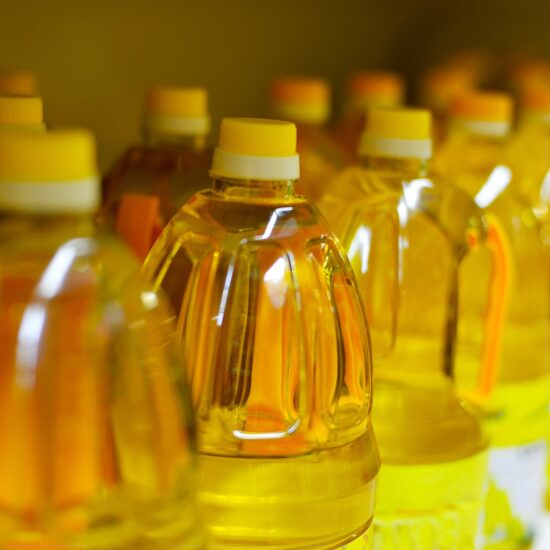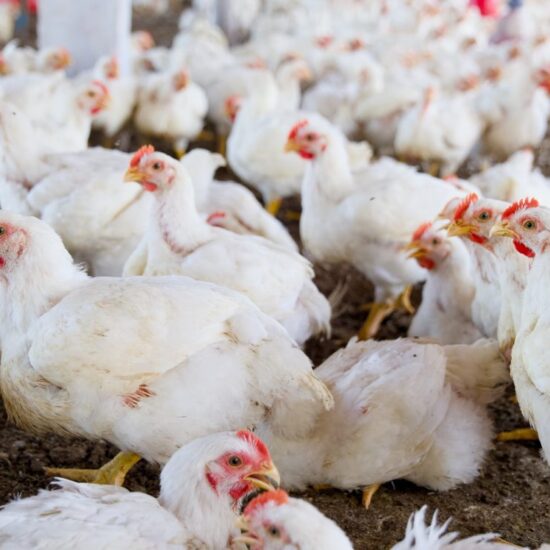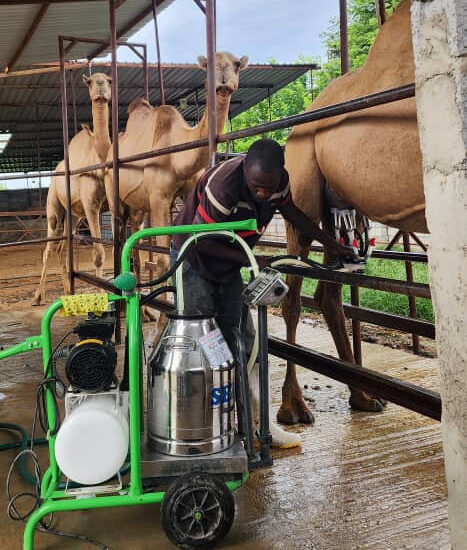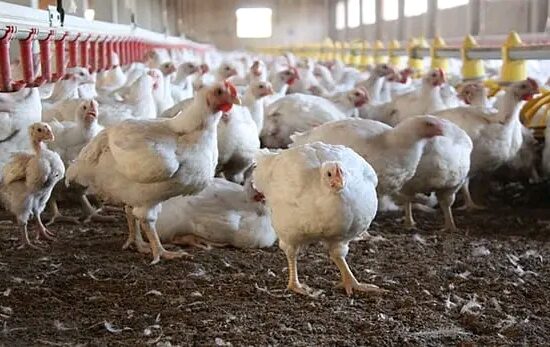
The Dairy Association of Zambia (DAZ) has disclosed that the importation of milk concentrates which is being used for most prepacked milk products on the Zambian market suppresses the growth, development and maturity of the local dairy industry.
The concentrates are leading to most suppliers preferring to import than developing facilities to buy, process and package milk and diary products locally thereby suppressing local demand and development. The concentrates also affect the pricing and the profitability of locally produced milk , as some of the imported milk is cheaper because some of it is subsidized and some of it given away at a low price when there is excess production in their countries of origin.
Association Project Manager Victor Ng’andu said the importation of milk concentrates supports the dairy industries in countries where the concentrates are imported and kills the thriving of the local dairy industry. Zambias milk consumption continues to increase but the herd of diary animals is not commensurate. These import of concentrates are not only dampening growth of the local industry, but is also a drain on foreign exchange for a product that can be processed locally.
Ng’andu said Zambia mostly produces local fresh milk but some processors are reconstituting a certain percentage and such kind of milk and this type of milk is normally labelled, adding that this is the milk where powdered milk and water is mixed, reconstituting into fresh milk so it is up to consumers to choose the kind of milk they prefer.
He said the importation of milk concentrates does not only kill the local industry and deprive the country of forex but also discourages creating entrepreneurship opportunities in the country adding that the per capita consumption of milk is quite low. He said there is need to have people venture into locally processed milk in communities and if there is importation of powdered milk, people will be discouraged from venturing into such industries.
Speaking in an exclusive interview with the Zambian Business Times-ZBT, Ng’andu said the association is not in support of the importation of milk powder or milk concentrates for further processing but instead supports locally produced milk as that creates availability in terms of milk products on the market and creates employment.
He said the country cannot depend on imports of such products as they are not consistent noting that occurrences like the Covid-19 pandemic which caused a stoppage of movement of goods and people can easily destabilize the supply of such products.
“When you have that kind of milk brought into this country, it will suppress the local industry because you are competing with a product that is heavily subsidized or just dumped, that has just been let go of in it’s country of origin”, he said.
“If we grow our own industry here, it will be sustainable because we have our own cows, grass, we will support the industry, there will be job creation and income levels for the locally based farmers will increase which will reduce the poverty in the rural community”, he said.
Ng’andu said the association is engaging all stakeholders involved so they can also contribute towards the development of the local dairy industry by education or investing in the local farmers adding that stakeholders need to see the importance of promoting the local dairy industry and government should put a prime on locally produced foods.
He mentioned that the engagements have received positive response with government increasing tax on the importation of dairy products from five to fifteen percent which has made the concentrates arriving at quite a competitive price making it more expensive compared to locally produced milk which is giving an incentive to farmers to actually invest more and produce more.
Analysts have called for large Zambian based milk companies such as Varun Beverages Creambell, Lactalis (formerly Parmalat), Trade Kings Diary Gold and FINTA milk to invest in local facilities that can concentrate on growing the local production and processing of milk as opposed to importing milk concentrates and exporting the much needed jobs.
There is need for local brands of milk to come up so that they can compete with some of the re-constituted milk products. The labelling also needs to be clear with consumer education on how to ensure that they buy fresh milk and not confuse it with reconstituted ones.
Some consumers have complained of some milk brands that are almost water but being retailed as milk. Only the color seems to be milky but cream and milk concentration levels are too low – One consumer told ZBT.







